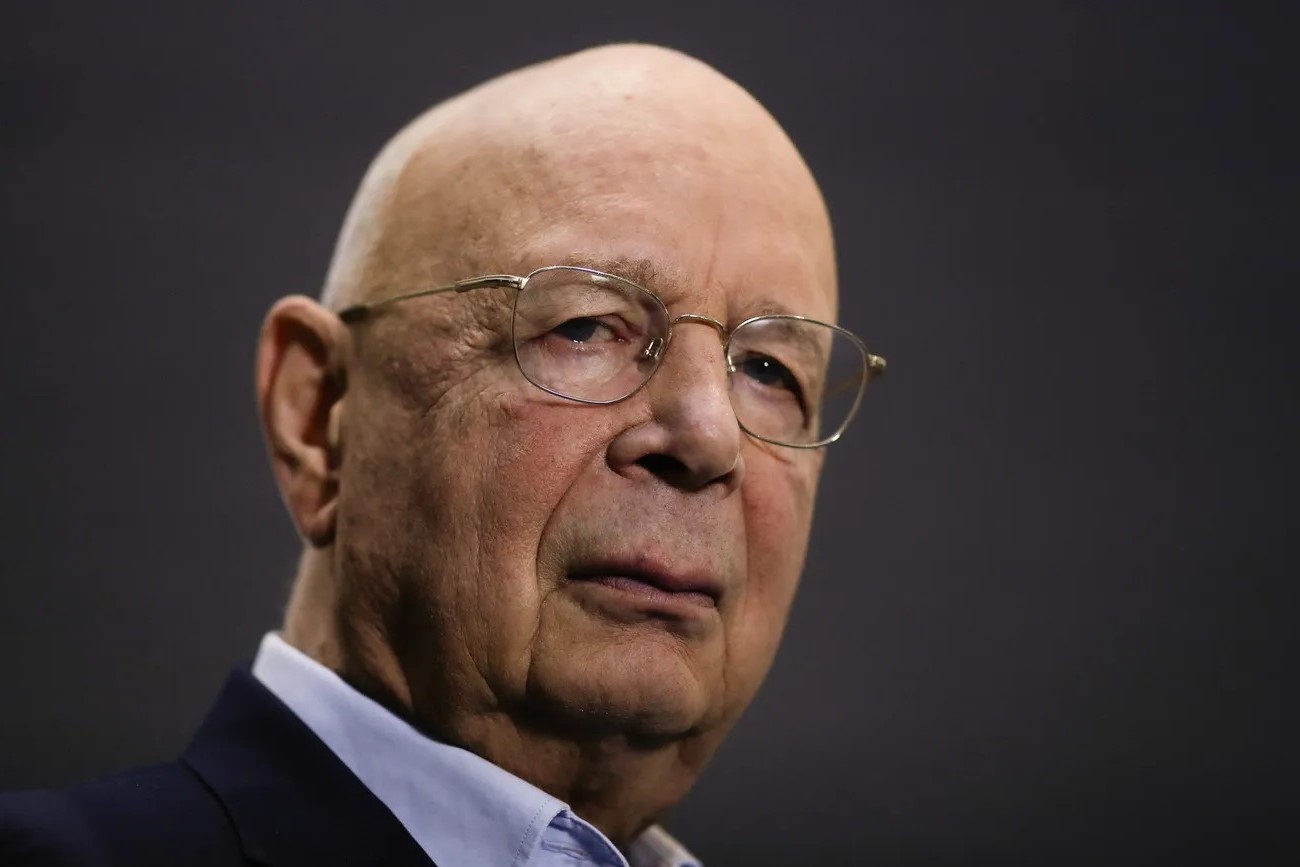
Who is Klaus Schwab? Klaus Schwab is a name that often pops up in discussions about global economics and policy. But who is he really? Schwab is the founder and executive chairman of the World Economic Forum (WEF), an organization known for its annual meetings in Davos, Switzerland. These gatherings bring together leaders from business, politics, academia, and other fields to discuss pressing global issues. Born in Germany in 1938, Schwab has a background in engineering and economics, making him a unique figure in the world of international relations. His influence extends far beyond the WEF, impacting policies and initiatives worldwide. Curious to know more? Here are 24 intriguing facts about Klaus Schwab that will give you a deeper understanding of his life and work.
Key Takeaways:
- Klaus Schwab, founder of the World Economic Forum, is a German engineer and economist who has shaped global economic policies. He's also an author, professor, and knighted by Queen Elizabeth II.
- Despite his philanthropy and achievements, Klaus Schwab has faced criticisms for elitism, conspiracy theories, environmental impact, and corporate influence.
Who is Klaus Schwab?
Klaus Schwab is a name that often pops up in discussions about global economics and policy. As the founder of the World Economic Forum (WEF), Schwab has played a significant role in shaping international economic policies. Here are some intriguing facts about him.
-
Founder of WEF: Schwab founded the World Economic Forum in 1971. The organization is known for its annual meetings in Davos, Switzerland, where global leaders discuss economic issues.
-
German Engineer and Economist: Born in Ravensburg, Germany, Schwab is both an engineer and an economist. He holds a doctorate in engineering from the Swiss Federal Institute of Technology and a doctorate in economics from the University of Fribourg.
-
Author of "The Fourth Industrial Revolution": Schwab wrote this influential book, which discusses how emerging technologies are changing industries and societies.
-
Professor at the University of Geneva: Schwab has also served as a professor of business policy at the University of Geneva.
-
Knighted by Queen Elizabeth II: In 2006, Schwab was knighted by Queen Elizabeth II for his contributions to global economics.
Early Life and Education
Understanding Schwab's early life and education provides insight into his later achievements and perspectives.
-
Born in 1938: Schwab was born on March 30, 1938, in Ravensburg, Germany.
-
Studied in Switzerland: He moved to Switzerland for his higher education, attending the Swiss Federal Institute of Technology in Zurich.
-
Doctorate in Engineering: Schwab earned his first doctorate in engineering, focusing on mechanical engineering.
-
Doctorate in Economics: He later pursued a doctorate in economics from the University of Fribourg, showcasing his diverse academic interests.
-
Master’s in Public Administration: Schwab also holds a Master’s degree in Public Administration from the John F. Kennedy School of Government at Harvard University.
Career Milestones
Schwab's career is marked by numerous milestones that have had a lasting impact on global economic policies.
-
Founded the European Management Forum: Before it became the WEF, Schwab founded the European Management Forum in 1971.
-
Introduced the "Stakeholder Theory": Schwab is known for promoting the idea that businesses should serve all stakeholders, not just shareholders.
-
Global Competitiveness Report: Under Schwab's leadership, the WEF began publishing the Global Competitiveness Report, which assesses the competitiveness of countries.
-
Davos Manifesto: In 1973, Schwab introduced the Davos Manifesto, which outlines ethical principles for business leaders.
-
Shaping Global Policy: Schwab has been instrumental in bringing together political, business, and academic leaders to shape global policy.
Personal Life
Schwab's personal life is as interesting as his professional achievements.
-
Married to Hilde Schwab: Klaus Schwab is married to Hilde Schwab, who is also actively involved in the WEF.
-
Two Children: The couple has two children, Nicole and Olivier.
-
Philanthropy: Schwab and his wife are known for their philanthropic efforts, particularly in education and social entrepreneurship.
-
Art Collector: Schwab is an avid art collector, with a particular interest in contemporary art.
-
Loves Classical Music: He has a deep appreciation for classical music and often attends concerts.
Controversies and Criticisms
Like many influential figures, Schwab has faced his share of controversies and criticisms.
-
Criticized for Elitism: The WEF has been criticized for being elitist and out of touch with ordinary people.
-
Conspiracy Theories: Schwab has been the subject of various conspiracy theories, particularly related to the "Great Reset" initiative.
-
Environmental Impact: The annual Davos meetings have been criticized for their environmental impact, despite the WEF's focus on sustainability.
-
Corporate Influence: Some critics argue that the WEF gives too much influence to large corporations at the expense of smaller businesses and local communities.
The Final Word on Klaus Schwab
Klaus Schwab, founder of the World Economic Forum, has left a significant mark on global economics and policy. His vision for stakeholder capitalism and the Fourth Industrial Revolution continues to shape discussions on technology, society, and the economy. Schwab's initiatives have brought together leaders from various sectors to address pressing global challenges. His work emphasizes the importance of collaboration, innovation, and sustainable development. Understanding Schwab's contributions provides insight into the evolving landscape of global governance and economic thought. His influence extends beyond the WEF, impacting how businesses and governments approach future challenges. Schwab's legacy is a testament to the power of visionary leadership in driving positive change. As we look to the future, his ideas will likely continue to inspire and guide efforts toward a more inclusive and sustainable world.
Frequently Asked Questions
Was this page helpful?
Our commitment to delivering trustworthy and engaging content is at the heart of what we do. Each fact on our site is contributed by real users like you, bringing a wealth of diverse insights and information. To ensure the highest standards of accuracy and reliability, our dedicated editors meticulously review each submission. This process guarantees that the facts we share are not only fascinating but also credible. Trust in our commitment to quality and authenticity as you explore and learn with us.


